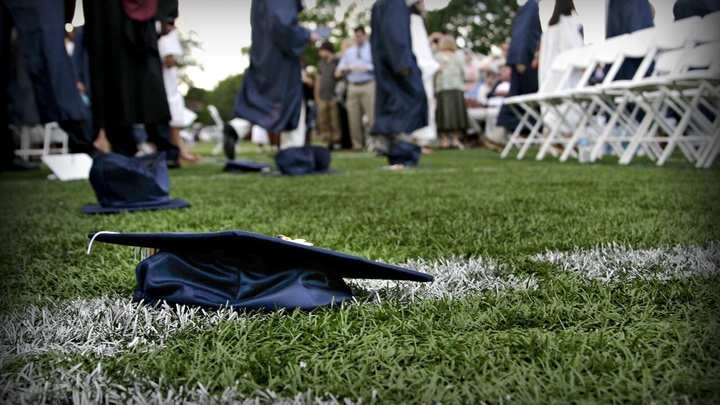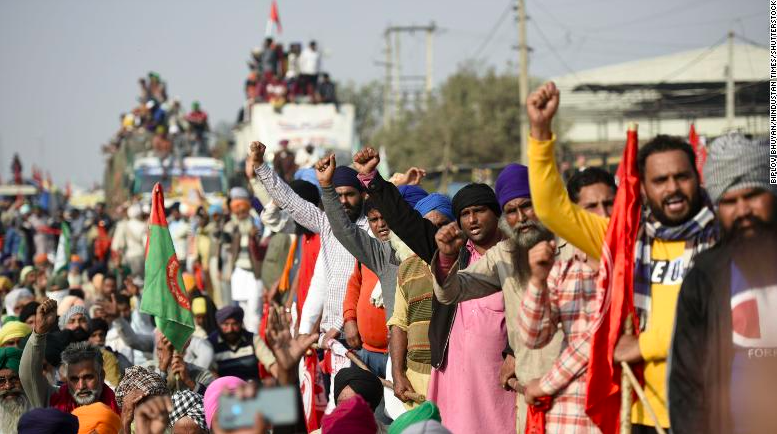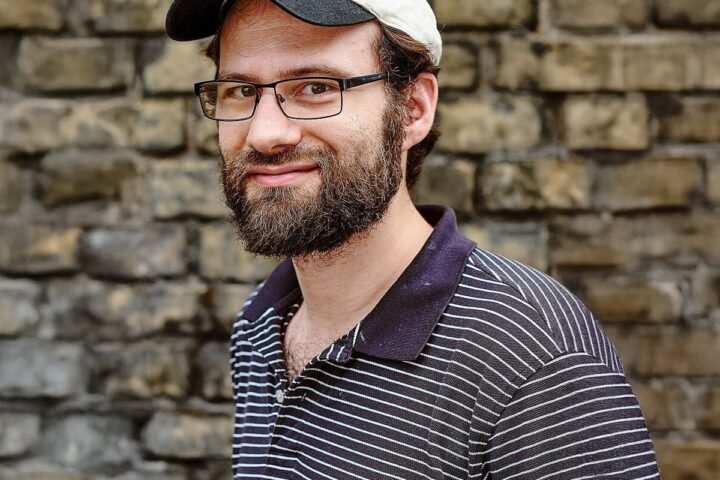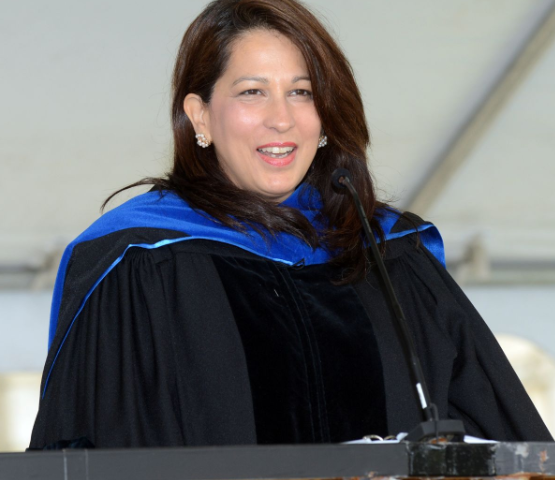As the fall semester began, Queens College hosted speakers, exhibits and other events to celebrate “Climate Change Week,” coinciding with New York City’s annual “Climate Week.” From Sept. 24, 2018, to Sept. 28, 2018, Queens College displayed an exhibition named “Exploring Earth’s Secrets,” where students and other members of the community were able to interact with an inflatable replica of the Joint Oceanographic Institutions for Deep Earth Samplings Resolution ship, and other presentations that encouraged public engagement in the topic of climate change in the 21st century. The JOIDES Resolution is a high-tech research vessel that drills into the ocean floor to study core samples, ultimately allowing scientists to better understand climate change, Earth’s history and the geology of our planet in general. The JOIDES resolution is also known as the International Ocean Discovery Program’s famous flagship. Through a 45-foot replica of this ship hosted on QC’s Quad, made possible by the National Science Foundation and Con-Edison, and a hands-on learning experience with different stations and kiosks, students spent the week learning about Earth’s development throughout its ancient history by looking at what lies in the makeup of rocks, sediments and microbes lying beneath the ocean floor. Explorations such as these can not only help to understand climate change, but also geological disasters such as tsunamis and earthquakes.
The first day of Climate Change Week, Monday, Sept. 24th, was the opening ceremony, and various climate change posters created by Queens College Art students were showcased. The opportunity to meet climate change scientists was also provided. On Tuesday, Sept. 25th, the effects of climate change were addressed through high school and community tours, which continued throughout the week, IODP talks during the afternoon and a movie night in the Rosenthal Library. In the library, they featured the documentary “Chasing Ice (2012).” Natural disasters and recovery was the topic for climate change weekday three, Wednesday, Sept. 26th. NYC Emergency Management came to Queens College to raffle off a Win Survival Go Backpack for National Preparedness Month, on behalf of the QC School of Earth and Environmental Science club. QC psychology professor, Yoko Nomura, also gave a talk called, “Children of Superstorm Sandy: The Epigenetic and Developmental Impact of Natural Disaster.” On Thursday, Sept. 27th, sustainability and solutions to climate change were covered with a talk in the Rosenthal Library called, “Sustaining a pleasant future is no longer possible without an engineering fix to the climate system,” given by Dr. George Hendrey, director and chair of QC’s School of Earth and Environmental Sciences. Also, another documentary was featured that same night- “Time to Choose.” Friday, Sept. 28th was the last day of climate change week, when QC celebrated their own Retirees Day.
Many students participated in the varied events that took place Monday to Thursday and were fascinated by the “Exploring Earth’s Secrets” exhibit that stood proud and tall on the Quad, until it was moved into the science building atrium due to inclement weather. Still, many stopped in their tracks on the way to class to check out the captivating structure. “I think it’s wonderful that Queens College brought climate change right onto our campus. I enjoyed the exhibit, it was a very interactive experience,” says junior Kevin Gonzalez.
“The exhibit was really cool, and as a Biology student, it caught my attention. I also like that they supplemented Climate Change Week with talks from Queens College faculty and professors who did the research themselves,” said Vardah Khan, sophomore.
As mentioned previously, IODP talks took place on Tuesday afternoon. Stephen Pekar and Cecilia McHugh, professors from the Queens College School of Earth and Environmental Studies, each gave a presentation in the Rosenthal Library relevant to experiences conducting climate change research and the field in general. Pekar’s lecture was titled, “The Last Time It Got This Hot on Earth: A Climate Scientist Looks Back and Then Forward to a Sustainable Future,” and McHugh’s lecture was named, “How Sea Level and Climate Modify the Margins of Continents.”
“We can’t blame solar output or mother nature in general. So where are the greenhouse gases coming from that’s warming our planet?” Pekar posed during his discussion. “Electricity and heating emissions. In other words – us.”
If there’s anything to take away from this week, it’s that anyone can make a difference. Actions on a personal scale can genuinely help to benefit our environment in the long run, especially by spreading awareness.














